argon gas windows
earthbru
18 years ago
Related Stories
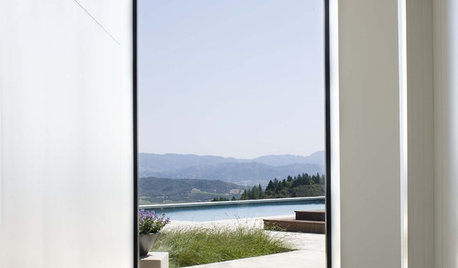
WINDOWSExpand Your View with Picture Windows
Minimal, pane-free windows make a clear connection between indoors and out
Full Story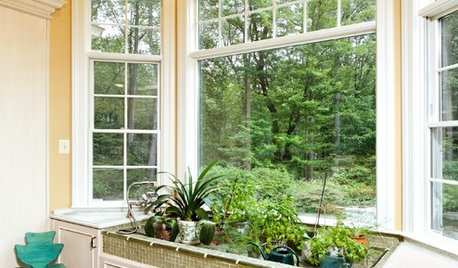
REMODELING GUIDESEnergy-Efficient Windows: Understand the Parts
You can save money and energy with today's windows — but first you need to know all the window parts and types
Full Story
WINDOWSSteel-Framed Windows Leap Forward Into Modern Designs
With a mild-mannered profile but super strength, steel-framed windows are champions of design freedom
Full Story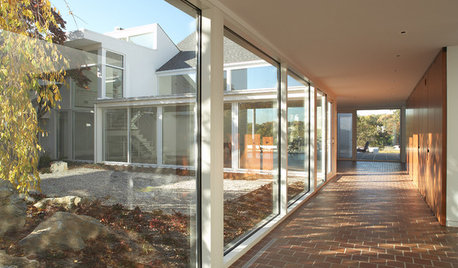
GREAT HOME PROJECTSUpdate Your Windows for Good Looks, Efficiency and a Better View
Great home project: Replace your windows for enhanced style and function. Learn the types, materials and relative costs here
Full Story
ARCHITECTUREThe Bay Window Goes Modern
Square tubes, cantilevered cubes, mixed glass ... new plays on bay windows are boldly branching out in modern architecture
Full Story
WINDOW TREATMENTSHow to Choose the Right Window Blinds
Get the privacy, light filtering and look you want with this breakdown of blind options
Full Story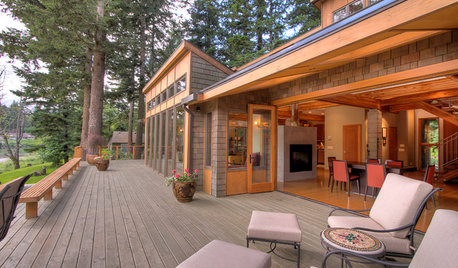
GARDENING AND LANDSCAPINGPatio Life: Step Right Outside
Here's how to make your move from indoors to patio or deck so smooth, you almost don't see the threshold
Full Story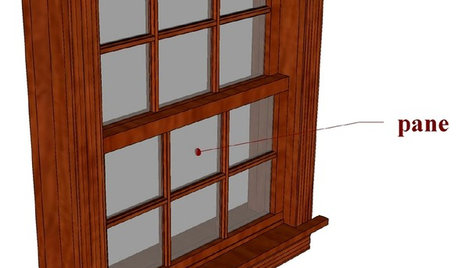
DESIGN DICTIONARYWindowpane
A sheet of glass in a window is known as a window pane. It can come in multiples or hang solo
Full Story0

LIVING ROOMSHow to Convert Your Wood-Burning Fireplace
Learn about inserts and other options for switching your fireplace from wood to gas or electric
Full Story
FIREPLACESRibbons of Fire: 10 Artfully Minimalist Fireplaces
Long and lean and sleek to the core, these gas-burning fireplaces make a powerful contemporary statement
Full StorySponsored






oberon476
jduffy1952_comcast_net
Related Professionals
Bridgeport Solar Energy Systems · Oakland Solar Energy Systems · Randolph Solar Energy Systems · Yucca Valley Solar Energy Systems · New Lenox Solar Energy Systems · Riverdale Design-Build Firms · Artondale Home Builders · Cypress Home Builders · Forest Hill Home Builders · Lincoln Home Builders · Riverbank Home Builders · Takoma Park Home Builders · Dallas Roofing & Gutters · Marlboro Roofing & Gutters · Vista Park Roofing & Guttersvinczesandor_bell_net
David
Windows on Washington Ltd
Cindy1961